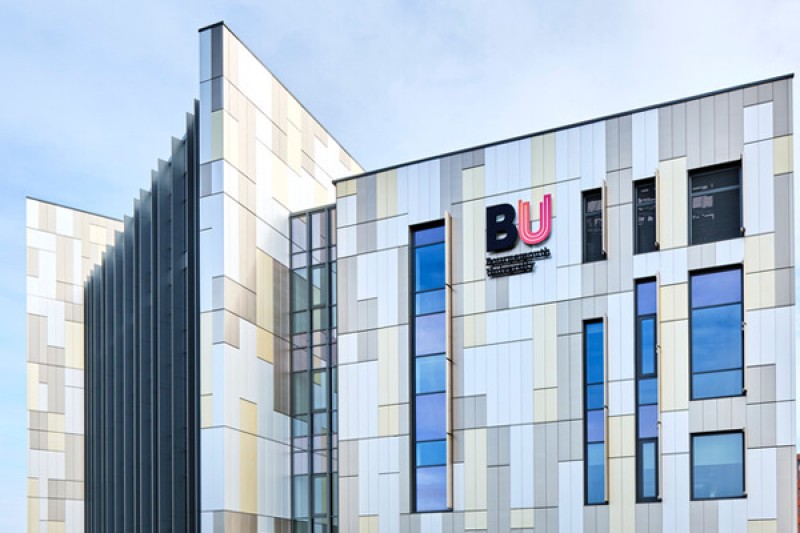A new paper – Creating a FACETS digital toolkit to promote quality of life of people with multiple sclerosis through participatory design – written by members of the multi-disciplinary FACETS Digital Toolkit project team, was presented by Beth Fairbanks (pictured) at the 32nd HCI 2018 Conference in Belfast during July.
The paper was accepted for the full-day workshop HCD for Intelligent Environments, which also included presentations from companies including Google and academics from Swansea University.
The paper details the first stages of creating a stand-alone digital toolkit focusing on the homework elements of FACETS – an evidence-based face-to-face fatigue management group programme for people with Multiple Sclerosis (MS). It discusses the participatory design process from requirements elicitation to initial prototyping and how offline activities linked to each session have been mapped in the digitised solution to this point.
The FACETS programme is based upon a conceptual framework that integrates cognitive behavioural, social cognitive and energy effectiveness theories and principles. FACETS aims to support people with MS to self-manage their fatigue by providing them with tools and strategies that they can apply to their daily lives (Thomas S., et al. 2010). To date, over 200 health care professionals have attended training to enable them to deliver FACETS in their local area and more than 1,500 people with MS across the UK have received FACETS.
Responses from conference attendees to the paper were very positive with questions ranging from finding out more about the history of the FACETS programme (details of which can be found here) through to infrastructure requirements and support considerations for the project team.
It is hoped that more papers about this project will see publication later in the year as this exciting project continues to progress.
This paper can be downloaded from Bournemouth University Research Online [BURO].
For more information about FACETS research, please contact Dr Sarah Thomas at [email protected] (and don’t forget to mention the MS project page in your email).



